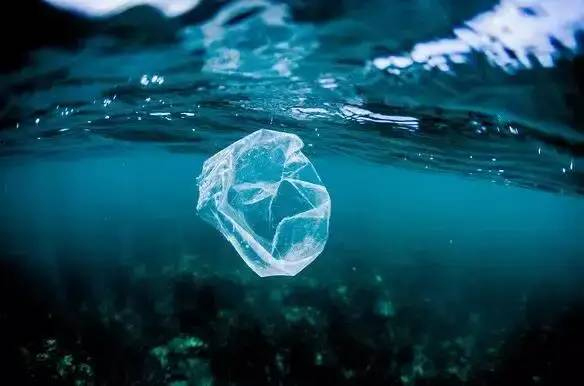
In 1902, Austrian scientist Max Schuchner invented the plastic bag in the laboratory. One hundred years later, in 2002, the British Guardian rated the plastic bag as "the worst invention in human history". Up to now, countries around the world have adopted restrictive policies on plastic products. Plastic products not only exist in all aspects of our lives, but also the leakage of plastic particles in the production process exists in the entire supply chain, and has an impact on the earth's oceans, soil and other environments.
Plastic pollution control is actually a systematic problem, which needs to cover the whole life cycle, from oil exploitation to plastic production, recycling, end treatment, etc. In this life cycle, there should be systematic planning by policies, reduction by enterprises, more responsible investment by investors, and public action.
Based on this, the Green Stone Environmental Protection Center launched a popular science topic of plastic reduction, "Plastic Aspects", which is elaborated from China's policies, environment, governance and other aspects. The following is the first Brief History of Plastic Reduction Policies:
The road of plastic reduction in China is speeding up.
In March 2022, the fifth resumed session of the United Nations Environment Assembly adopted the Resolution on Ending Plastic Pollution (Draft) (hereinafter referred to as the Resolution), which is a legally binding resolution aimed at promoting global control of plastic pollution.
It is reported that the United Nations General Assembly is the highest decision-making mechanism on global environmental issues. The Executive Director of the United Nations Environment Programme, Inger Anosen, said that the resolution is the most important international multilateral environmental resolution since the Paris Agreement.
The Resolution states that an intergovernmental negotiating committee should be established to reach an internationally legally binding agreement by 2024, covering the entire life cycle of plastic products, including their production, design, recycling and disposal.
According to the information provided to the media by the United Nations Environment Programme after the meeting, heads of state, environment ministers and other representatives from 175 countries approved and signed the resolution. This means that in the face of the common environmental challenges of mankind, no country can be independent.
China has always attached great importance to the treatment of plastic pollution, especially since 2008, when a series of powerful plastic restriction policies were introduced, China is gradually exploring a Chinese solution to the problem of plastic pollution, making positive contributions to the global treatment of plastic pollution.
